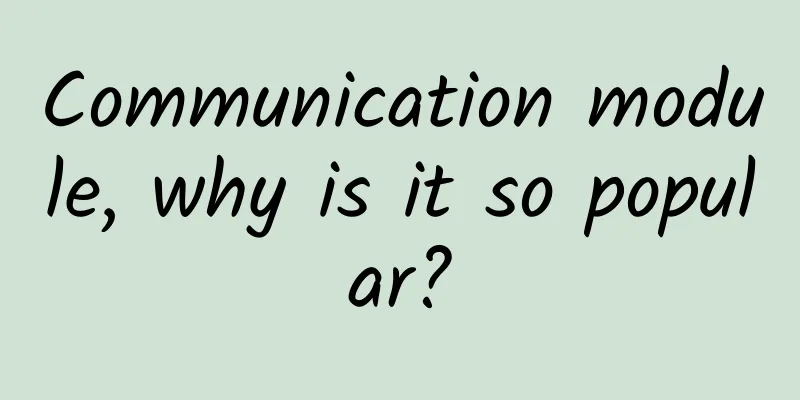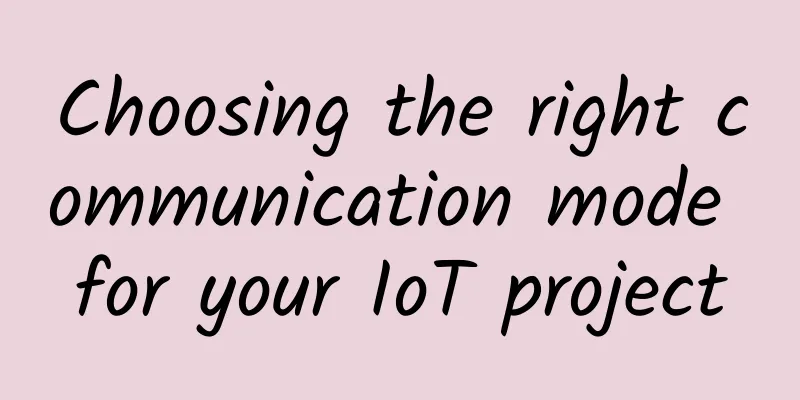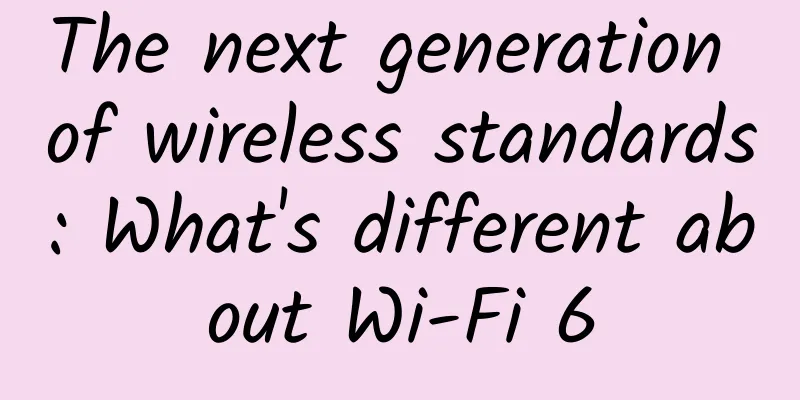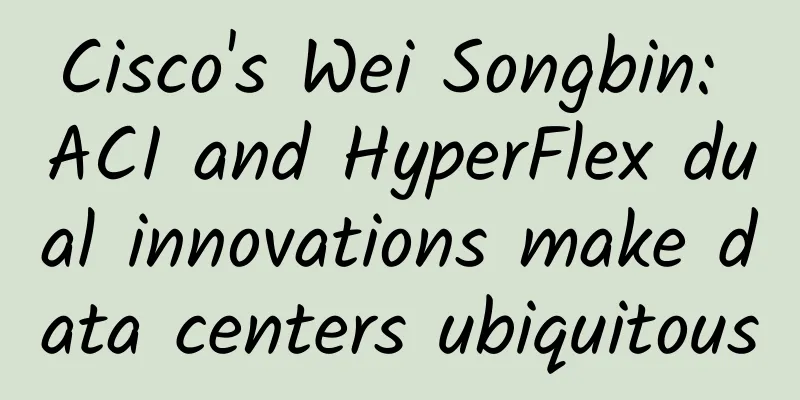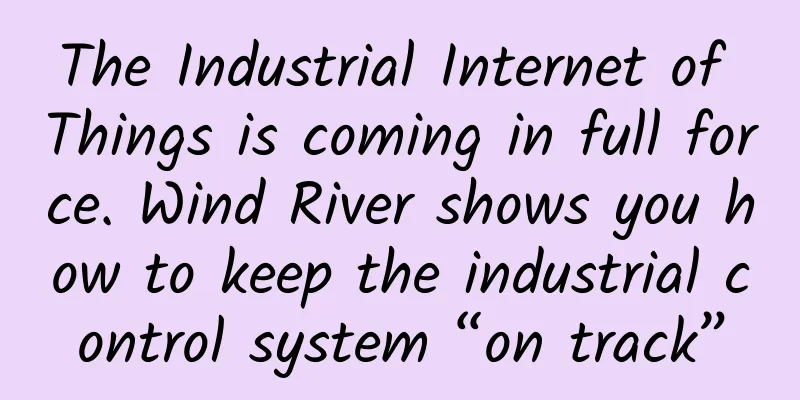Is 5G really green, or will it consume more resources?
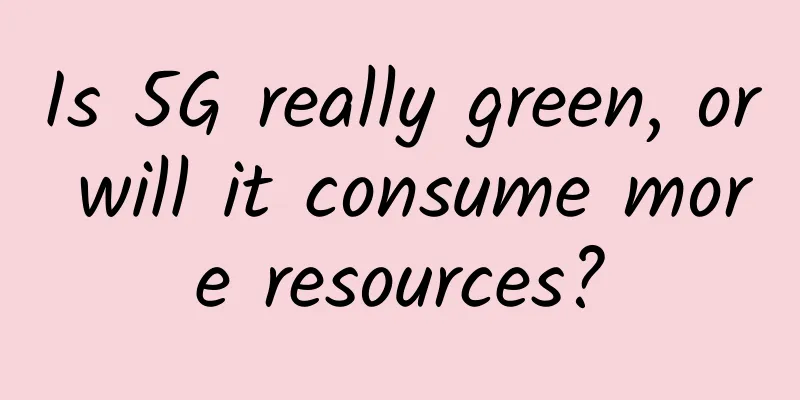
|
The tech industry has long sought to ally itself with the green movement, though its leaders are often accused of throwing around vague slogans and making promises that are hard to test. There were certainly slogans at Mobile World Congress in Barcelona, but Huawei, Orange and industry body GSMA sought to flesh out some of the green claims about 5G. The next generation of mobile networks is rolling out around the world, promising superfast internet while also touting huge benefits for the environment. Laurence Williams of the University of Sussex in the UK recently led a study that assessed the existing evidence on the purported green benefits of 5G. He told AFP how claims against the industry had piled up. Will 5G be more energy efficient?Orange's Jean-Marie Chaufray praised energy-saving features such as "sleep mode" (where components shut down when not in use), more energy-efficient antennas and other hardware. He told MWC that by 2025, 5G will be 10 times more efficient than 4G. Laurence Williams: “Energy efficiency is only half of the equation, the total amount of data traffic that is carried over mobile networks is obviously also important. “Mobile data traffic will continue to grow significantly over the next few years. There is a growing recognition that 5G will be at least partly responsible for this growth in data traffic.” “The industry has given different estimates – some say network energy consumption will go down, others say it will stay flat, and at least one estimate suggests it will go up because of 5G.” A recent Finnish study estimated that electricity usage on major mobile networks was about 10% higher in 2017 than in 2010. The authors attributed this to rapid growth in data usage and new features, particularly video streaming. “While this research covers a period before 5G begins to be rolled out globally, it shows that improvements in network energy efficiency do not guarantee reductions in network energy consumption.” Can 5G help achieve zero carbon goals?Emanuel Kolta of the GSMA boasted that telecoms firms were “among the leading private sector companies” for their commitments to net zero targets. He pointed to pathways to achieving those goals through the inclusion of renewable energy, more efficient batteries and “low-hanging fruit” such as using artificial intelligence to shut down components during unbusy periods. Laurence Williams: “It’s encouraging to see telecoms companies increasingly signing up to climate targets and committing to power their networks with renewable energy. While some operators already power their networks 100% with renewable energy, a 2021 benchmark study by the GSMA showed that looking at 31 networks in 28 different countries, an average of 46% of energy consumption was provided by renewable energy, with large variations between countries. "The operating energy required to power mobile networks is important, but so is the 'embodied energy' required to produce the network infrastructure. “Many studies looking at the impact of 5G energy use only look at operational energy. “At the very least, we should be skeptical of the energy savings potential claimed for strategies that call for the large-scale introduction of new infrastructure, where the assessments fail to take into account the embodied energy costs of that infrastructure.” Does 5G bring wider energy savings?Huawei’s Duan Hao stressed the importance of the so-called enabling effect, which he said would “accelerate digitalization and decarbonization across industries.” The idea is that better connectivity will allow more services and activities to move online, reducing energy consumption in transport and other industries. Some industry estimates suggest a 10:1 energy savings ratio — for every unit of energy invested in 5G, 10 times more energy is saved. Laurence Williams: “A study from the University of Zurich puts the ratio at closer to three to one, mainly from flexible working, smart grids and precision agriculture. “Others, however, warn that the efficiency gains from 5G may only lead to greater consumption of a particular good or service, or may only partially replace older goods or services – people may still attend meetings in person and buy physical music alongside conference calls and music streaming.” “Even if 5G does have an enabling effect that exceeds its own emissions, it does not necessarily mean that network operators can be allowed to achieve lower levels of emissions reductions. “Enabling effects are difficult to estimate or measure, and clear accounting mechanisms and principles must be established to ensure consistency with carbon budgets and climate policy.” |
<<: Privileged Access Management: The Future of Cyber Resilience
>>: Do 5G operators still need to prepare for the Metaverse?
Recommend
VirMach: $1.15/month KVM-512MB/15GB/1TB/multiple data centers available
VirMach released several special packages on Blac...
Seven development tools for continuous integration and continuous delivery
[[184286]] The software development cycle require...
CloudCone: KVM monthly payment starts at $1.99, Los Angeles data center, supports PayPal/Alipay
CloudCone's [2021 Flash Sale] event is still ...
What is 10Gb Ethernet
Ethernet is a technology used to connect various ...
HostKvm adds Australian VPS, 40% off 2G memory package starting from $4.2/month
HostKvm has launched a new data center: Australia...
Explain RPC and HTTP in plain language
With the continuous development of enterprise IT ...
Mobile edge computing provides unlimited possibilities for 5G innovation
At the "2017 China MEC Industry Development ...
Review of the five major mergers and acquisitions in the optical communications industry in 2018: vertical integration is the general trend
Looking back at the whole year of 2018, the optic...
EtherNetservers: Los Angeles VPS hosting specials starting from $12/year, supports Alipay/PayPal
EtherNetservers is a foreign hosting company foun...
Which industry will be the hot spot for artificial intelligence in the 5G era?
In this process, many applications are constantly...
Explore how Gateway API works in Service Mesh
A few days ago, Gateway API announced that it wou...
SoftShellWeb: 30% off VPS in Taiwan/Netherlands/San Jose, 1Gbps unlimited traffic from $3.5/month
SoftShellWeb has launched a promotion for all VPS...
US telecom companies agree to delay 5G deployment
Recently, the U.S. aviation and telecommunication...
RAKsmart popular servers start at $30/month, 1Gbps unlimited traffic servers start at $99/month, US/Hong Kong/Korea/Japan data centers
RAKsmart has started its promotion this month. It...
H3C strengthens the foundation of intelligent connectivity with 400G products, providing new impetus for the digital economy
[51CTO.com original article] At present, the digi...



